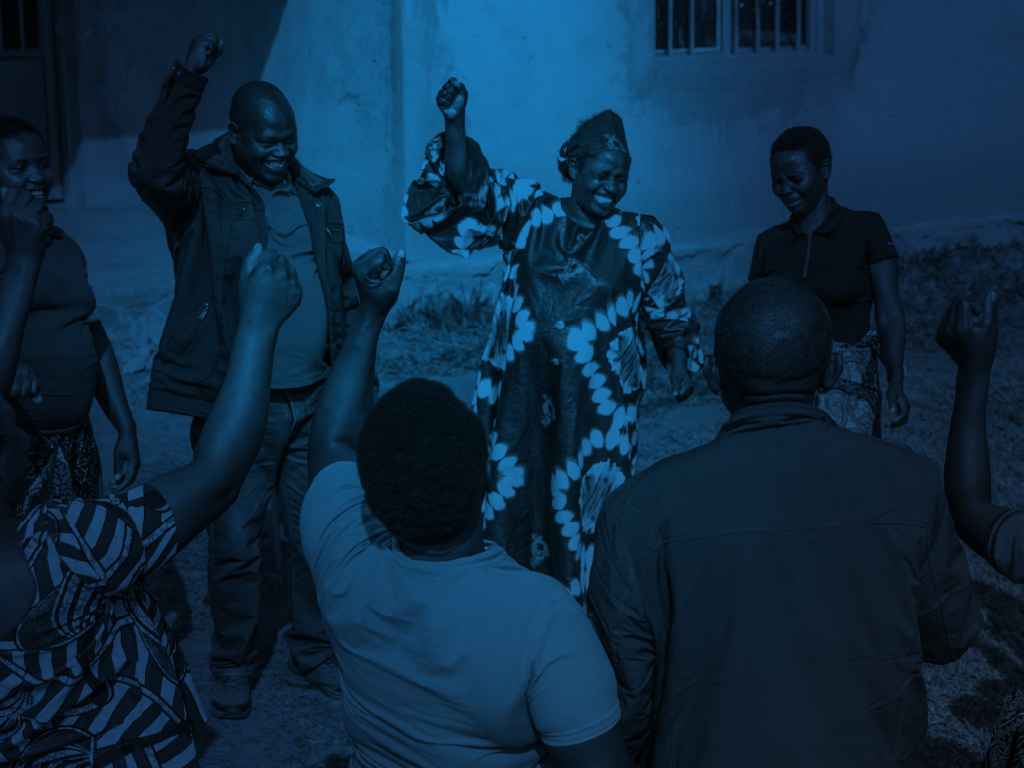30 years making peace possible
Interpeace’s 2023 annual report, 30 years making peace possible, takes a look back at our origins and the foundation of our five core principles, which are the bedrock of sustainable peace. Three decades of experience tells us that when applied conscientiously, these principles represent the most effective way to define a shared purpose and a common, inclusive, and legitimate way forward: local ownership and leadership, building trust, reaching out to all groups, long-term commitment and recognising peace as a process, not a destination.
These five principles have provided a strong foundation for developing solutions to conflict-related challenges globally. There is an imperative to halt the rising and unprecedented trend in violent conflicts requiring significant creativity and innovation. The peacebuilding sector must evaluate and rethink its foundations, approaches, and operational models, including the current validity of its principles. These five principles may need to be expanded, nuanced, or even redefined.
2023 marked the third year of progress in Interpeace’s five-year strategy, A Resilient Peace, and the organisation was able to make practical and powerful advances towards the three principal aims of that strategy: to rethink the ways we build, asses and fund peace; to enhance resilience for peace, and; to embed peace in state behaviour and sustainable peacebuilding strategies.
In 2023, Interpeace reached 2.4 million people through its project activities, which included dialogues, training sessions, media campaigns and collective action, strengthening the capacities of societies to manage conflict in non-violent, non-coercive ways by assisting national actors in their efforts to develop social and political cohesion. Interpeace reached 26 partnerships with state institutions in countries and territories including Burkina Faso, Côte d'Ivoire, the Democratic Republic of the Congo, Ethiopia, Guinea-Bissau, Kenya, Mali, Rwanda, Somalia and Yemen, among others, embedding peace at national and institutional levels. Altogether 8,400 people participated in research designed to better understand how to measure resilience for peace by assessing factors such as trust, resilience and inclusion. Moreover, Interpeace achieved significant progress in the development of innovative financing solutions for peace – through its Finance for Peace initiative – by launching a Peace Finance Impact Framework and global standards for Peace Bonds and Peace Equity.

